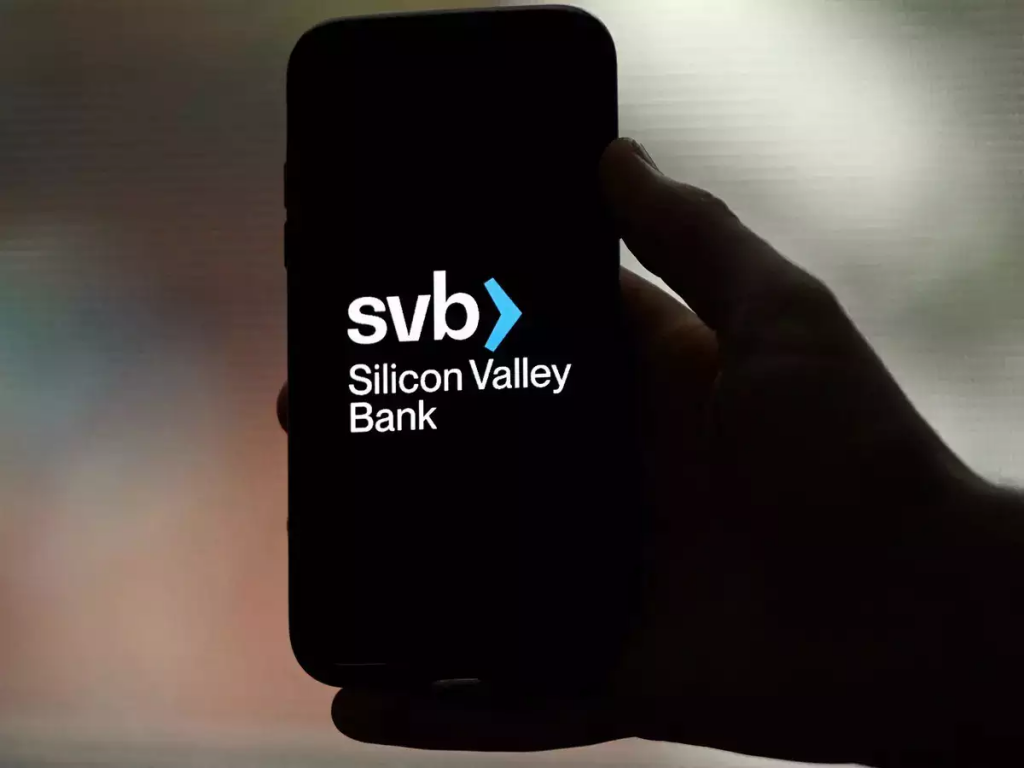Silicon Valley Bank, which has been providing traditional banking services and funding for technology startups, has been taken over by the Federal Deposit Insurance Corporation (FDIC) after California regulators shut it down.
This followed the failure of a $2.3 billion capital raise which caused its stock to crash, resulting in the largest banking failure since the 2008 financial crisis. Many tech entrepreneurs in California are now worried about how to make payroll as their funds are locked up.

The failure also affects hundreds of startups that deposited their cash with the bank, leaving them in turmoil as they try to continue operating. In addition, the collapse of Silicon Valley Bank has created ripple effects across the industry, as even startups that did not bank directly with the institution have been affected.
Some startups have taken drastic steps to raise cash, including the toy store Camp, which announced a 40% off sale to raise funds from its customers. Others are struggling to pay their employees, with one founder reportedly planning to cover payrolls personally. The need for startups to make payroll is a concern echoed throughout the venture capital ecosystem.

This collapse has been described as an “extinction-level event” for startups. According to startup accelerator Y Combinator’s CEO, Garry Tan, it will likely set startups and innovation back by ten years or more.
Many founders and startups had millions of dollars deposited with Silicon Valley Bank, putting huge sums at risk. Roku, for example, had close to $500 million deposited with the bank. While depositors with SVB have $250,000 of their cash insured, the rest is uninsured, putting many startups in a precarious position. Moody’s estimated that customers would get back about 80 to 90 cents of every dollar of uninsured deposits.
The best hope for startups affected by the collapse of Silicon Valley Bank is for a buyer to be found before markets reopen on Monday. If no buyer is found, the FDIC will have to liquidate the bank and sell off its assets to try to make depositors whole again.

Kristine Dickson, CFO of community lender Lead Bank, said it would be “2,000 times better” if a buyer were found for Silicon Valley Bank rather than being dissolved.
Prospective buyers will likely be poring through Silicon Valley Bank’s accounts while mulling a purchase. Major banks such as Goldman Sachs and JPMorgan, as well as regional lenders including Citizens Bank, have been suggested as potential saviors for Silicon Valley Bank.
The FDIC will be working to arrange a “shotgun marriage” between Silicon Valley Bank and a potential buyer over the weekend, according to Sandeep Dahiya, associate professor of finance at Georgetown University’s McDonough School of Business.


